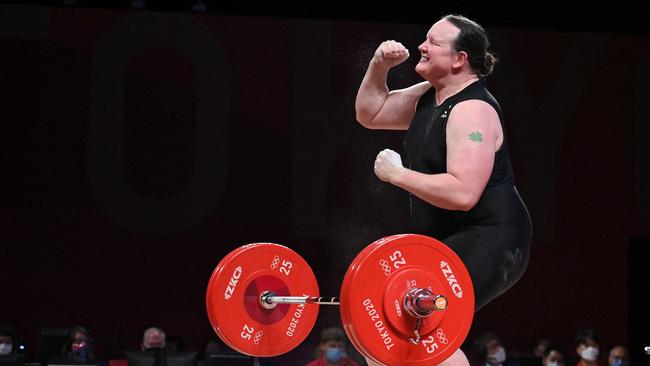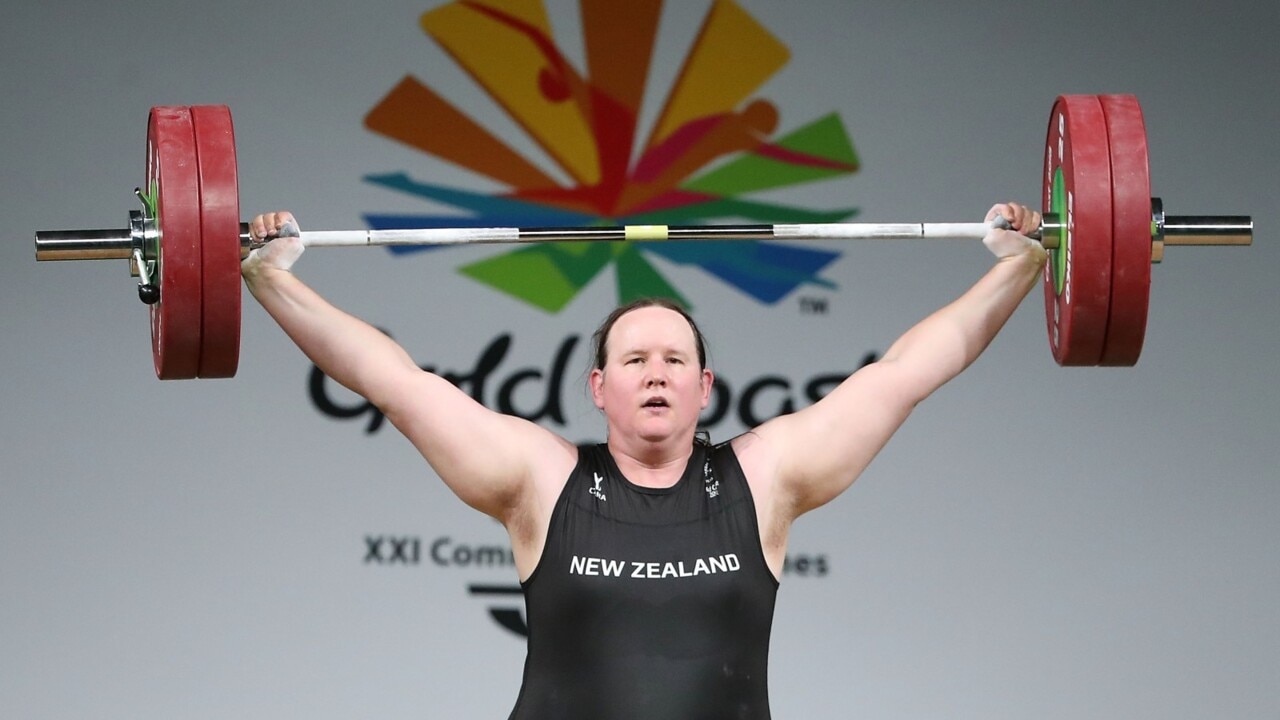Tokyo Olympics 2020: Transgender athletes test sporting principles
Laurel Hubbard’s selection for the NZ Olympics team reignites fears of litigation over the inclusion of transgender athletes in a previously binary competition.

Laurel Hubbard’s fleeting appearance in the women’s 87kg-plus weightlifting competition at the Tokyo Olympics was a damp squib in sporting terms as the New Zealander failed to finish.
But the transwoman’s lasting impact on the Games and international sport had little to do with lifting prowess.
Hubbard’s selection for the New Zealand team has reignited fears that international sports bodies could face a rash of litigation over the inclusion of transgender athletes in the previously binary world of male and female competition.
“There is a real conflict between the fundamental sporting principles of inclusivity and fairness,” says Alastair Campbell, a partner at the firm Level.
“If you accept that it is fair for certain sports to be separated into male and female categories, then those sports must have rules to define those groups in order to ensure fair competition. No matter how the rules are drawn up – whether in an inclusive or exclusive way – there will be those who consider them to be unfair.”
As a result, Campbell predicts that litigation may be “inevitable”.
Two areas are ripe for potential challenges. The first is personal injury, cases where women competitors allege that they have suffered injuries owing to the inclusion of transwomen in sports involving physical contact.
The anticipated argument is that the sport’s governing body failed to take into account the stronger physical attributes of those who were born male and went through puberty as boys before transitioning.
Hubbard’s inclusion in the Games is a case in point, despite weightlifting not being a contact sport. The International Olympic Committee ruled five years ago that transwomen could compete in female events, provided they lowered their testosterone to a prescribed level for at least a year before taking part. However, critics point out that the allowed testosterone level is still considerably more than the natural average in women.

Sport law experts also expect legal challenges from women competitors who will allege that they have been unfairly overlooked or have missed out on places in teams owing to the inclusion of transgender women.
“The resolution of those claims will come down to the quality of the policies put in place by the governing bodies,” says Darren Bailey, a lawyer at the firm Charles Russell Speechlys and the former head of legal at World Rugby, the international governing body for rugby union. Sports administrators will “need to ensure that they are not vulnerable to charges from litigants that they have relied on poor or inappropriate science or that the policies are blatantly unfair”, Bailey adds.
Campbell agrees, pointing out that legal arguments “are likely to focus on whether the rules are discriminatory, whether they are drawn up in a rational way, and whether they are proportionate to their objective”.
The lawyer says that human rights claims will proliferate and points to the case of Caster Semenya, the South African intersex woman middle-distance running Olympic champion. This year Semenya brought a challenge in the European Court of Human Rights to “discriminatory” rules that prohibit her from competing in certain events because of her high natural testosterone. Her move came after she lost appeals against regulations imposed by World Athletics that require her to lower her natural testosterone level before entering women’s races ranging from 400m to one mile.
“In each of these debates,” Campbell says, “the scientific basis for the rules will come under very close scrutiny.”
He adds that “although there is general agreement that higher endogenous testosterone levels in biological males is a primary factor in increased sporting performance, there is very little consensus on whether and to what extent artificially reducing testosterone levels in transgender athletes is effective in creating a level playing field with biological females”.
Experts call for governing bodies to create frameworks that are specific to individual sports so that all those involved agree that the policies are as fair and reasonable as possible.
But Bailey warns that they will have to keep those policies under almost constant review “because the science changes and progresses”.
Bailey also questions how far individual sports should extend policies on transgender participation. “Should a policy apply to the whole of a sport from top to bottom – in other words, from the grassroots to the highest levels – or should it apply just at the elite end?”
He also suggests that leaders of sport governing bodies must lobby legislators and instruct their lawyer to impress on the courts “the unique characteristics of sport”, which makes an already sensitive issue all the more delicate.
The Times



To join the conversation, please log in. Don't have an account? Register
Join the conversation, you are commenting as Logout